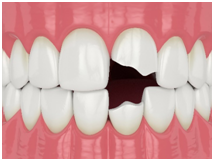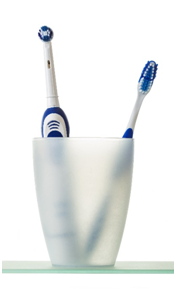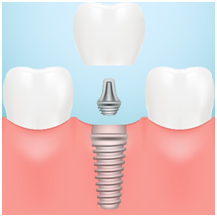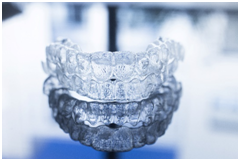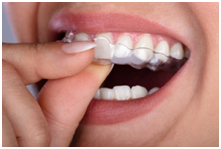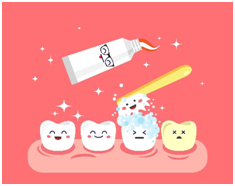Alongside our Cosmetic Dentistry, Teeth Straightening, and Dental Implant services the team at Maidstone Dental & Implant Centre also offer a full range of General Dentistry treatments including regular check-ups, fillings, and Dental Crowns. If you are considering having a crown fitted, repaired, or replaced it is likely that you’ll have lots of questions about the treatment process and caring for your teeth afterwards. One of the most frequent questions we get asked is how long do dental crowns last?
Dental Crowns sit over teeth like small caps and are used for a wide variety of reasons. Much like fillings, they are one of the options we use to repair and protect damaged or decaying teeth from further harm.
Dental Crowns can also be used to fix cosmetic dentistry issues by covering crooked teeth helping to give you a whiter, brighter smile. Broken, chipped or visibly damaged teeth can also be improved with the use of dental crowns, and our expert team can talk through all the options available to you in your initial consultation session.
- How should you look after your Dental Crowns?
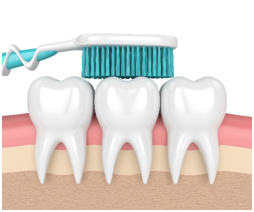
Regular teeth brushing twice a day and daily flossing will help to maintain the condition of the crown as well as benefiting your overall oral health. You should also continue to attend regular dental check-ups with your general dentist and hygienist. Your dentist will be able to advise you on how best to look after your teeth and how to keep your crown clean.
Even though crowns can last up to 15 years, this does not mean that they are indestructible within that time frame. Like your regular teeth, dental crowns are susceptible to chipping, cracking or increased wear and tear if they are not looked after properly.
- When should you replace a Dental Crown?
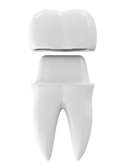
While crowns cannot decay because they are made of ceramic, the tooth underneath can. If your dental crown was created and fitted to protect a damaged or decayed tooth, then you need to make sure that you follow all your dentist’s advice to keep the crown, tooth and gum line clean and healthy. A build-up of plaque could cause the tooth underneath to start, or continue, to decay. If you notice any tenderness or swelling from your crown or the tooth it is covering, please arrange to see your dentist as soon as possible to avoid the problem becoming more severe.
- Find out more!
As you can see, Dental Crowns are an excellent treatment option to strengthen and protect any damaged teeth and give you back your smile confidence. There really is no straight forward answer to the question of how long dental crowns last because it varies so greatly from person to person. But by following the guidance of your dental team and practising great oral care at home you can make sure your crown and your natural teeth stay healthy and secure.
If you would like to discuss our dental crown treatments please get in touch today on 01622 682 029 to book a consultation and find out how our expert team at Maidstone Dental & Implant Centre can help you reclaim your smile.



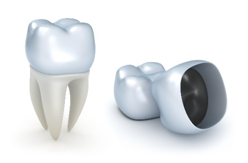

 Myth 2 – Interdental cleaning is not necessary.
Myth 2 – Interdental cleaning is not necessary. Myth 4 – It is important to rinse your mouth after brushing.
Myth 4 – It is important to rinse your mouth after brushing.



